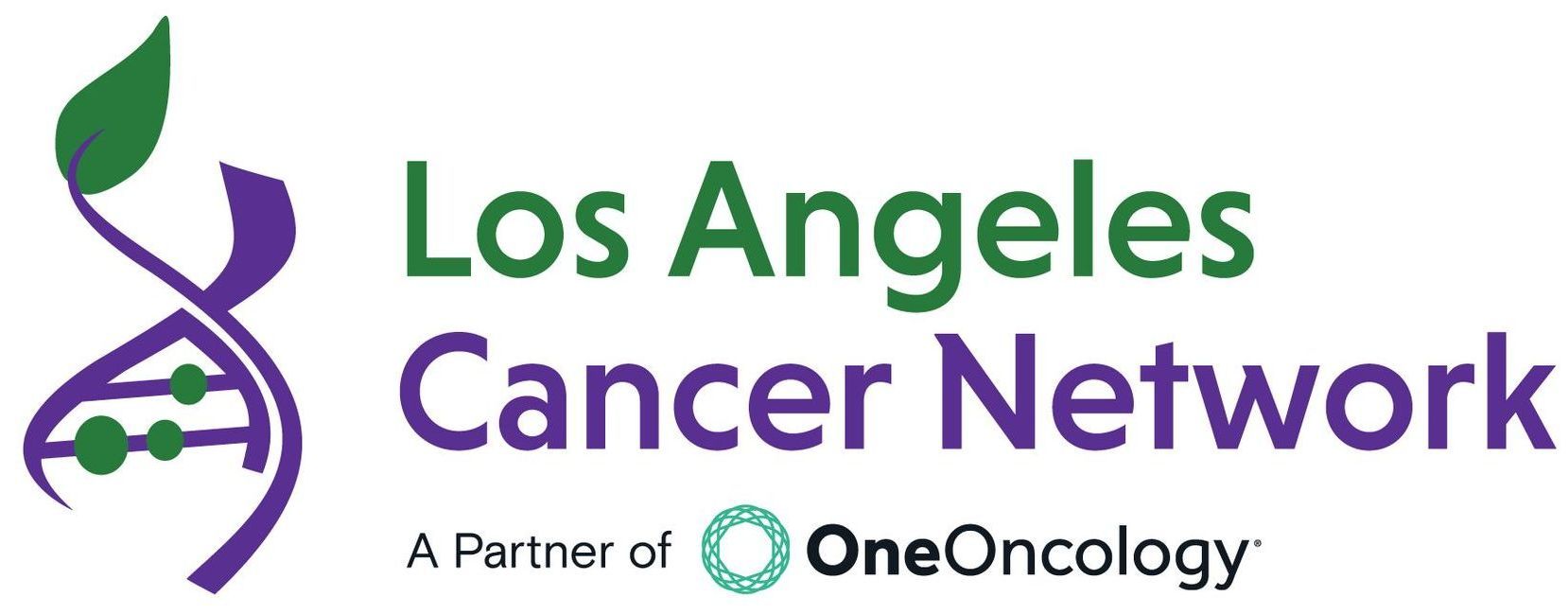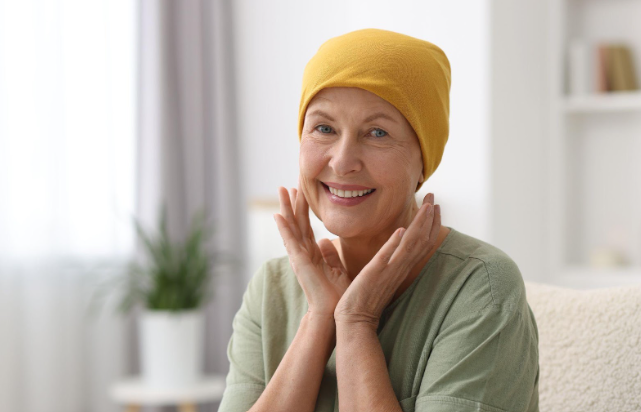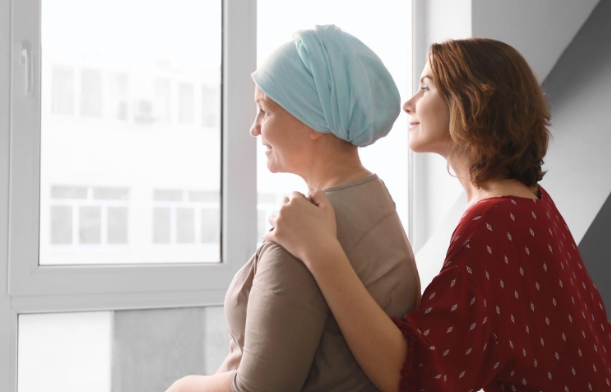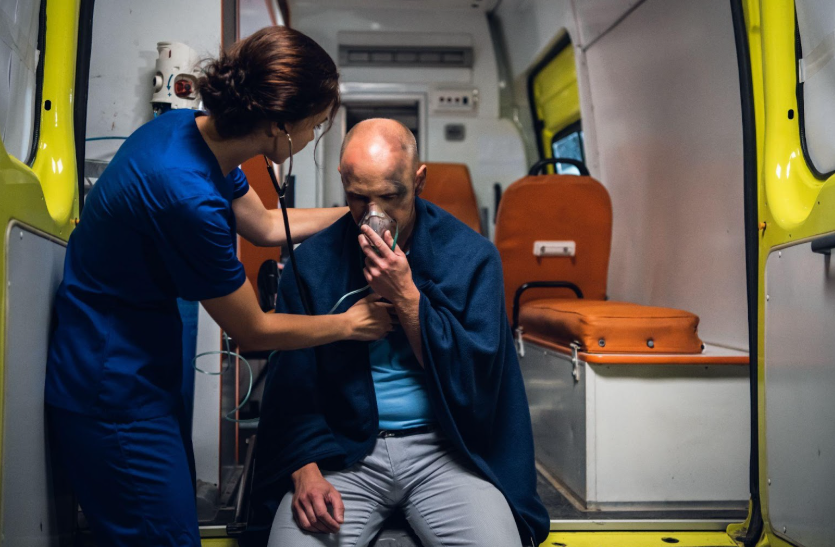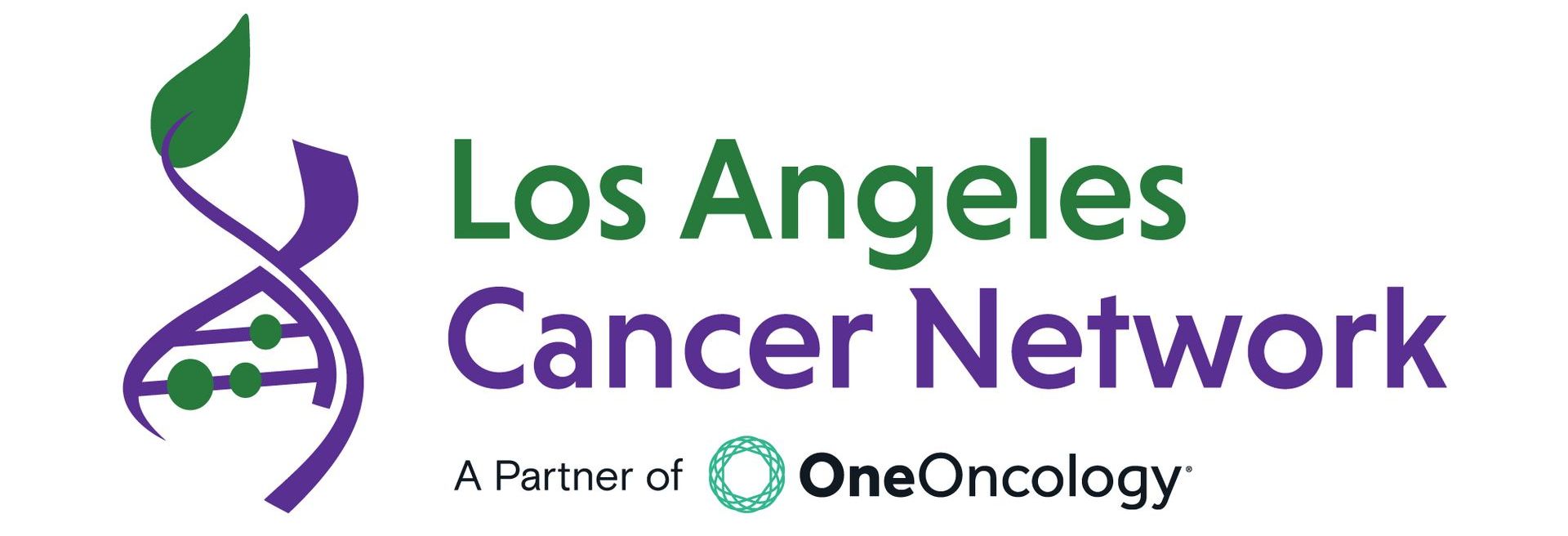How to Improve Your Sleep Health After a Cancer Diagnosis
How to Improve Your Sleep Health After a Cancer Diagnosis

When you’re facing a cancer diagnosis, sleep might not seem like your top priority—but getting enough rest plays a vital role in recovery and overall well-being. Many cancer patients struggle with sleep issues at some point during treatment or survivorship, and those sleepless nights can take a toll on their physical and emotional health.
At LA Cancer Network, we understand that quality sleep is an essential part of healing. In this article, we’ll explore why sleep problems are common after a cancer diagnosis and share practical ways to help you improve your sleep health.
Why Sleep Can Be Difficult After a Cancer Diagnosis
Sleep disruptions are extremely common among cancer patients and survivors. You may find it difficult to fall asleep, stay asleep, or wake up feeling rested. These problems can continue for weeks or months, especially during treatment.
Several factors can contribute to poor sleep after a cancer diagnosis:
- Physical side effects: Pain, nausea, fatigue, and other symptoms from treatment can interfere with rest.
- Medication effects: Certain drugs, such as steroids or hormone therapies, may cause insomnia or restlessness.
- Emotional distress: Anxiety, depression, and fear of recurrence are natural but can make it hard to quiet your mind at bedtime.
- Lifestyle changes: Hospital stays, frequent medical visits, or changes in routine can throw off your body’s natural sleep-wake rhythm.
- Environmental factors: Noise, light, or an uncomfortable sleep environment can add to the problem.
Regardless of the cause, disrupted sleep can weaken your immune system, increase fatigue, and make coping with treatment more difficult. The good news is that there are steps you can take to improve it.
How Sleep Supports Healing
Sleep is not just rest—it’s when your body repairs and restores itself. Deep, restorative sleep helps with:
- Immune function: Your body produces and releases immune-boosting substances during sleep.
- Energy and recovery: Sleep helps rebuild tissues, balance hormones, and maintain strength.
- Mental health: Good rest helps manage stress and improve mood, memory, and focus.
- Pain management: Adequate sleep can reduce pain sensitivity, helping you feel more comfortable overall.
When you sleep well, you’re giving your body the best chance to heal and function optimally during and after cancer treatment.
7 Ways to Improve Sleep After a Cancer Diagnosis
Getting good sleep again may take time, but even small changes can make a big difference. Here are seven patient-friendly strategies to help you rest better:
1. Keep a Consistent Sleep Schedule
Try to go to bed and wake up at the same time each day, even on weekends. Consistency helps regulate your body’s internal clock, making it easier to fall asleep and wake naturally.
2. Create a Relaxing Bedtime Routine
Wind down before bed with relaxing activities that calm your body and mind. Try:
- Gentle stretching or deep breathing
- Listening to soft music or guided meditation
- Taking a warm bath
- Reading a light book (avoid screens)
Avoid stimulating activities like watching the news or using your phone right before bed.
3. Make Your Sleep Space Comfortable
Your bedroom environment can make or break your sleep quality. To set yourself up for success:
- Keep the room cool, quiet, and dark.
- Use blackout curtains or a white noise machine if needed.
- Invest in comfortable bedding and supportive pillows.
- Reserve your bed for sleep and rest only, not for work or TV.
4. Be Mindful of Diet and Drinks
What and when you eat can affect your sleep.
- Avoid caffeine (coffee, tea, soda, chocolate) after noon.
- Limit alcohol—it might make you sleepy at first but can disrupt deep sleep later.
- Eat lighter meals at night and avoid heavy, greasy foods right before bed.
- Drink enough water during the day, but reduce fluids close to bedtime to minimize nighttime bathroom trips.
5. Stay Physically Active—But Not Too Late
Light to moderate exercise can improve sleep quality and reduce fatigue. Even short walks or gentle stretching can help. Just try to finish exercise at least a few hours before bedtime so your body has time to cool down and relax.
6. Manage Pain and Other Side Effects
If physical discomfort is keeping you awake, speak with your care team. Managing pain, nausea, or hot flashes can make a major difference in your sleep. Your provider may adjust your medications, recommend lifestyle changes, or refer you to a specialist for symptom control.
7. Address Stress and Anxiety
It’s completely normal to experience worry after a cancer diagnosis—but stress can interfere with your ability to sleep. Consider these calming approaches:
- Try meditation, breathing exercises, or progressive muscle relaxation.
- Write down your thoughts before bed to clear your mind.
- Seek counseling or support groups to share your feelings and find reassurance.
- If anxiety or depression are significant, your care team can connect you with mental health professionals who specialize in oncology support.
When to Talk to Your Doctor
If you’ve been struggling with sleep for several weeks despite making changes, it’s time to talk with your doctor. Persistent sleep issues might indicate:
- Insomnia
- Sleep apnea (pauses in breathing during sleep)
- Restless legs syndrome
- Side effects from medications or treatments
Your care team can help identify the underlying cause and recommend the right solutions. This may include behavioral therapy, medication adjustments, or referrals to a sleep specialist.
At LA Cancer Network, your team of oncologists and supportive care professionals will work together to address your sleep concerns as part of your overall cancer care.
How LA Cancer Network Can Help
At LA Cancer Network, we take a comprehensive approach to cancer care. We understand that your treatment journey involves more than medical procedures—it’s about improving your quality of life at every stage.
Our providers focus on helping patients manage side effects, restore balance, and feel their best during and after treatment. Whether you’re dealing with fatigue, insomnia, or anxiety, our team will work with you to find personalized strategies that support your healing and well-being.
By addressing your sleep health along with your cancer care, we can help you feel stronger, calmer, and more resilient throughout your recovery.
Final Thoughts
Getting a good night’s sleep after a cancer diagnosis may feel challenging, but with the right approach, it’s absolutely possible. By developing healthy sleep habits, managing stress and symptoms, and communicating openly with your care team, you can improve both your rest and your overall quality of life.
If you’re struggling with sleep or need support managing your health after a cancer diagnosis,
contact LA Cancer Network today. Our compassionate team is here to help you achieve better rest, stronger recovery, and renewed energy—so you can focus on what matters most: living well and healing fully.


